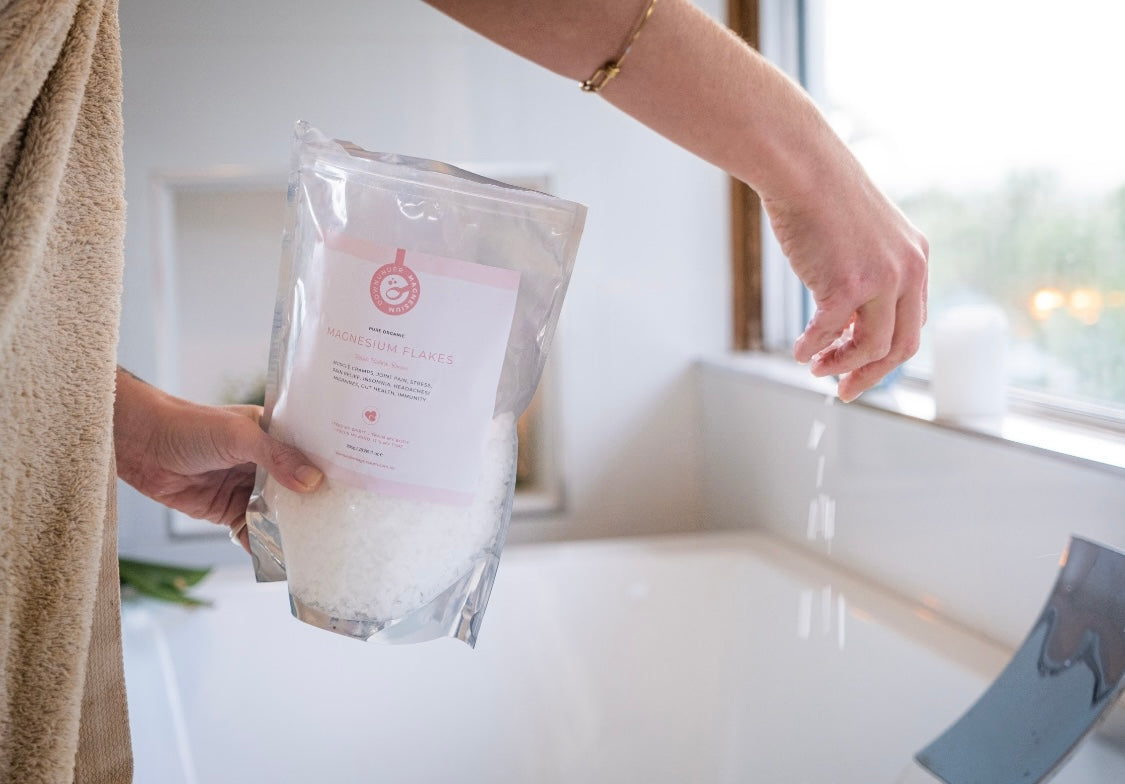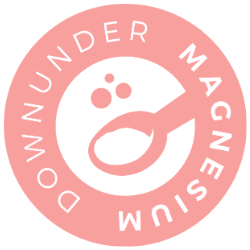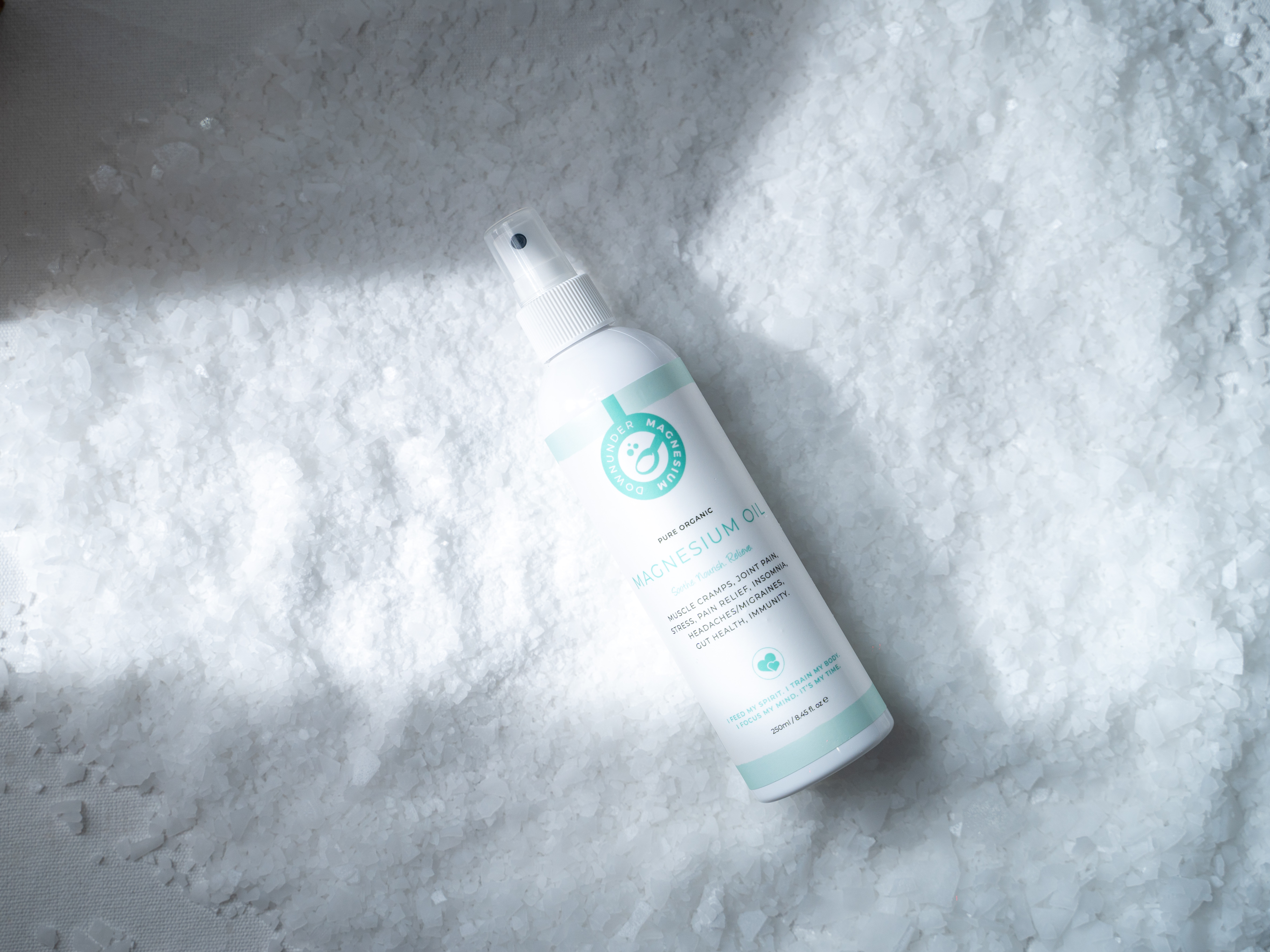
Sports Recovery with Magnesium is an essential aspect of any athlete's routine.
Why, you ask?
Well, it all boils down to this mineral’s crucial role in muscle recovery and energy production. Without sufficient magnesium intake, athletes may struggle with fatigue and poor performance.
This is why Magnesium Sports Recovery should be a priority for anyone serious about their athletic performance.
Table Of Contents:
- Understanding Magnesium and its Importance in Sports Recovery
- The Role of Magnesium in Muscle Recovery
- Magnesium and Exercise Performance
- Different Forms of Magnesium for Sports Recovery
- The Health Benefits of Using Magnesium Bath Flakes
- Conclusion
- FAQs in Relation to Magnesium Sports Recovery
Understanding Magnesium and its Importance in Sports Recovery
Picture this: you're an athlete pushing your body to the limit, your muscles straining with every move. Now consider magnesium, a key player that steps up when the going gets tough.
Magnesium is more than just another mineral; it's vital for athletes due to its unique role in maintaining muscle health during sports activities. Without adequate magnesium stores, performance can be significantly impaired.
The Essential Role of Magnesium for Sports Recovery
A study found that even a minor dip below optimal levels could negatively impact athletic performance. It seems our bodies rely heavily on this wonder mineral, especially during strenuous physical exertion where depleted magnesium levels are common.
What's fascinating is how replenishing these levels can improve not only recovery, but overall health too. Increasing intake post-workout has been linked to reducing inflammation and promoting faster recovery.
You might be wondering about potential issues if low levels persist? Chronic fatigue syndrome, heart disease, diabetes - all these serious conditions were associated with prolonged Magnesium deficiency according to various studies.
This is a clear indication of why maintaining a sufficient magnesium level should be a top priority for any athlete seeking improved well-being along with their game. Order your Magnesium oil spray from Downunder Magnesium for a quick and easy solution!
If we've piqued your interest in the crucial link between sport-related activities and magnesium so far, then stay tuned as we delve deeper into understanding specifically how this essential mineral aids muscle recovery after exercise.
The Role of Magnesium in Muscle Recovery
Think about the role magnesium plays in muscle recovery. It's like a secret weapon, aiding muscle relaxation and preventing unwanted cramps and spasms.
Magnesium's Role in Muscle Relaxation and Red Blood Cell Replenishment
When you push your body hard during workouts, your muscles naturally tighten up. This is where magnesium steps into the spotlight - it aids muscle relaxation, helping to alleviate that tightness.
In addition to this feat, magnesium also assists with replenishing red blood cells. Why does this matter? Well, these little cells are responsible for transporting oxygen throughout your body. When they function optimally (thanks to sufficient magnesium intake), better blood flow is achieved along with reduced inflammation.
Let's take a moment here: maintaining ideal levels of magnesium doesn't just help post-workout; it supports overall muscle health. That includes preserving muscle mass and reducing instances of those pesky spasms or cramps often associated with rigorous physical activity.
For a fast-acting solution to those pesky muscle sores and cramps, consider Downunder Magnesium's oil spray. 1 to 3 spritz on the affected areas and you're good to go!
Magnesium and Exercise Performance
For athletes, success is determined not just by speed and strength, but also by their capacity to recuperate from strenuous exercise - an ability that magnesium intake can have a great impact on.
The secret to athletic performance lies in the body's ability to recover from strenuous exercise—a process greatly influenced by magnesium intake. But what exactly does this mineral do for us?
The Power of Magnesium in Energy Production During Exercise
In the realm of athletics and physical fitness, vigour is paramount. And this is where magnesium comes into play—it plays a vital role in converting food into energy, fueling intense workouts. Research suggests that sufficient magnesium intake can lead to improved endurance and reduced fatigue.
Moreover, adequate levels of this mighty mineral have been linked to improved blood sugar control during physical exertion—ensuring a steady supply of energy throughout your training sessions.
Blood Pressure Balance: Another Benefit from Sufficient Magnesium Intake
Fueling our bodies for exertion is not the only benefit. Adequate magnesium intake also helps regulate blood pressure during rigorous activities. Maintaining balanced blood pressure means less strain on the heart, which is crucial for high-intensity training.
A study published in Hypertension indicates that higher dietary consumption of magnesium leads to lower risks of hypertension—an essential aspect when pushing one’s limits through tough workout regimes.
To truly harness these benefits, it is important to understand how to supplement our diets with this vital nutrient. This brings us to the different forms of magnesium available, specifically designed for sports recovery.
Intrigued? Let's delve deeper into the convenience topical magnesium solutions like sprays or flakes.
Different Forms of Magnesium for Sports Recovery
When it comes to sports recovery, magnesium supplementation plays a crucial role. The various forms of magnesium offer unique advantages.
Topical Magnesium: Sprays, Oils, and Flakes
Athletes often turn to topical solutions like sprays, oils, and flakes due to their rapid absorption through the skin. These products are applied directly to sore muscles after an intense workout session, providing immediate relief from discomfort.
The Downunder Magnesium line includes a premium magnesium oil spray sourced from the pristine Salt Lakes of Western Australia. This product stands out because it is free from modern pollutants and enriched with essential minerals, which significantly contribute to aiding your post-exercise recovery process.
For best results, magnesium oil spray is to be used before exercise. Apply 1-3 sprays on your neck, shoulders, lower back and legs, then massage gently into your skin.
Another popular form of supplementation for muscle recovery is using Magnesium Bath Flakes. Sprinkle a handful into a hot bath as the water fills. Soak your body in the solution and enjoy the healing properties of this potent mineral.
Stay tuned as we explore further into the many health benefits provided by bath flakes in our next section.
We'll uncover how skin immersion could be another potent tool on your journey towards enhanced athletic recovery and wellness.

The Health Benefits of Using Magnesium Bath Flakes
Have you ever wondered about the health perks hidden in your bath salts? Downunder Magnesium from Western Australia's untouched Salt Lakes is a game-changer. It not only offers relaxation and stress relief but also infuses essential minerals into your body for overall wellbeing.
Muscle Pain Relief: The Unsung Hero
A warm bath with magnesium-rich water can be a muscle recovery hero. Imagine this: you've had an intense workout session or a long day at work; slipping into this soothing bath could ease muscle tension and provide instant pain relief.
And here's the cherry on top - it supports long-term muscle health as well. Regular use might prevent future injuries by maintaining optimum muscular function.
Gut Health and Immunity Booster
Bathing in Downunder Magnesium isn’t just skin-deep; it goes beyond to boost gut health, thereby enhancing nutrient absorption and improving immunity. This all-natural remedy might give you that extra shield against illnesses while ensuring your digestive system functions smoothly.
Magnesium’s role extends even further by significantly strengthening our immune system – making us more resilient against infections too.
Promoting Overall Wellbeing
Downunder Magnesium does more than targeted benefits like easing muscle pain or boosting gut health—it promotes general wellness as well. For instance, its calming effects may improve sleep quality, which has ripple effects on mental and physical wellbeing, not to mention supporting bone density through enhanced calcium absorption.
In short, adding Downunder Magnesium to your routine could be that missing puzzle piece towards achieving better overall health and vitality.
Conclusion
Magnesium Sports Recovery is more than just a buzzword; it is the key to unlocking your full athletic potential.
Understanding its role in our bodies, especially in muscle recovery and energy production, can make all the difference.
If you are serious about improving your sports performance and recovery times, consider making Downunder Magnesium part of your routine.
Sourced from pristine Salt Lakes in Western Australia and enriched with essential minerals for instant relief from muscle pain and stress – it is nature's secret weapon against fatigue!
Order yours from Downunder Magnesium and discover how it can enhance not only your gut health but also immunity, wellbeing, and overall sports performance today!
FAQs in Relation to Magnesium Sports Recovery
Is magnesium beneficial for muscle recovery?
Absolutely. Magnesium plays a crucial role in reducing muscle soreness and cramps, promoting muscle relaxation, and supporting overall muscular health.
Which type of magnesium is best for sports recovery?
Magnesium chloride often recommended for sports recovery due to its high absorption rates, which effectively supports the body's recovery process.
Does magnesium enhance sports performance?
Yes, it does. Magnesium is known to boost athletic performance by aiding in energy production during intense exercise and helping regulate blood pressure.
Should I spray magnesium before or after exercising?
Spraying magnesium before and after exercising can be beneficial. When you spray it on before exercising it boosts up the energy levels in the muscles, helping lactic acid and better performance. When you spray it on after it helps replenish depleted magnesium stores caused by physical activity and promotes faster muscle recovery.

